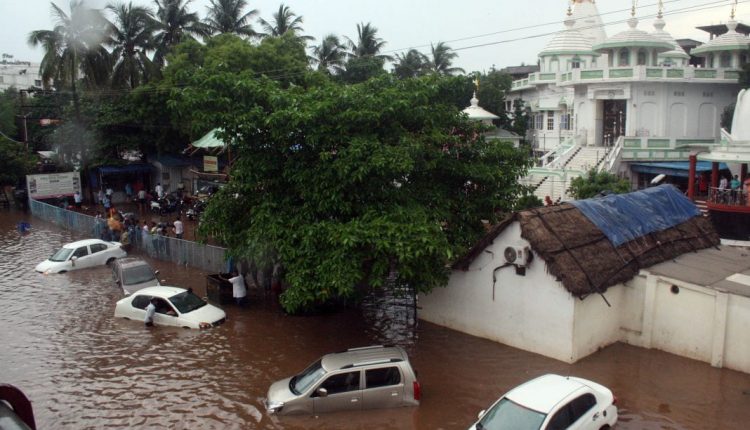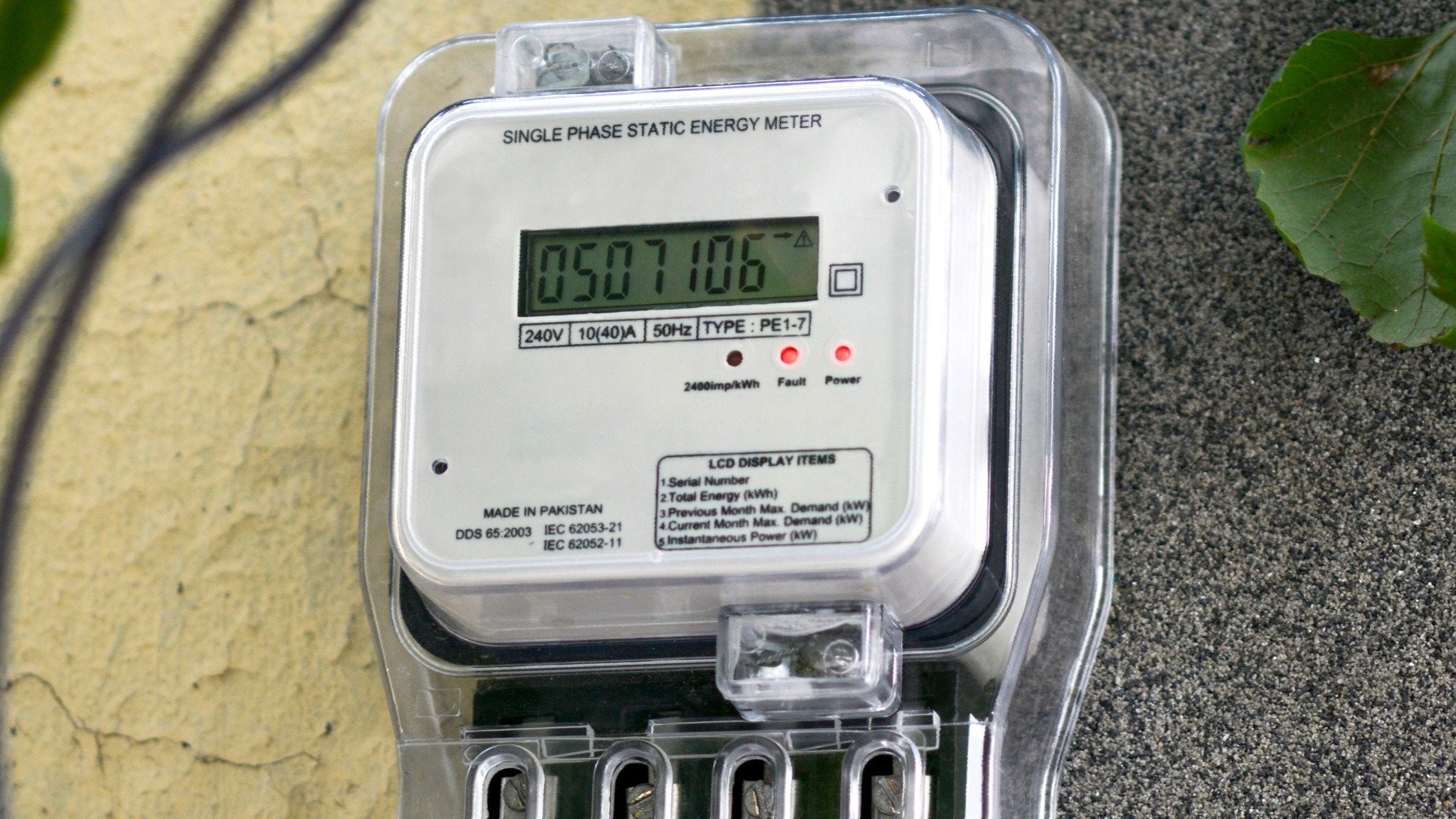Bhubaneswar and IIT Roorkee Join Hands for Stormwater Management

In a significant move towards tackling urban flooding, Bhubaneswar Municipal Corporation (BMC) has signed a Memorandum of Understanding (MoU) with IIT Roorkee to develop a Comprehensive Stormwater Management Plan – Vision 2050. This initiative aims to create a long-term, climate-resilient drainage system to prevent flooding and waterlogging in the city, which has become a persistent issue, especially during the monsoon season.
The MoU was formally signed by BMC Commissioner Shri Rajesh Prabhakar Patil, IAS, and Prof. Akshay Dvivedi, Dean SRIC, IIT Roorkee. The signing ceremony witnessed the presence of several dignitaries, including Dr. Krushna Chandra Mahapatra, Hon’ble Minister for Housing & Urban Development, Odisha, Hon’ble Mayor Smt. Sulochana Das, Dr. N. Thirumala Naik, IAS (Vice Chairman, Bhubaneswar Development Authority), Dr. Kamal Lochan Mishra, IAS (Executive Director, Odisha State Disaster Management Authority), and Prof. K.K. Pant, Director, IIT Roorkee. Representatives from BMC, corporators, engineers from line departments, and officials from IIT Roorkee were also present at the occasion.
In July last year, the then newly-formed Majhi government had announced a budget of Rs 200 crore to to enhance disaster preparedness and mitigate urban flooding.
A Holistic Plan to Address Urban Flooding
Bhubaneswar’s geographical structure, which consists of western uplands and eastern lowlands, poses a unique challenge in water management. With hillocks in the western and northern parts of the city, rainwater tends to accumulate in the lower-lying areas, leading to severe flooding during heavy monsoons. Every year, several parts of the capital city, including slums and low-lying localities, experience prolonged waterlogging, disrupting daily life and traffic. In some areas, even the service roads of National Highway 16 become impassable, causing difficulties for commuters.
Urbanization and rapid infrastructure development, including the construction of roads and flyovers, have altered the hydrological balance of the city. The natural flow of rainwater has been obstructed due to unplanned urban growth, necessitating a fresh and scientifically developed drainage strategy. To address these challenges, BMC has reached out to IIT Roorkee to leverage their expertise in water management and urban planning.
The Comprehensive Stormwater Management Plan will offer both short-term solutions for immediate flood relief and a long-term master plan designed to make Bhubaneswar’s drainage system climate-smart and future-proof. The project will take into account projected population growth, changing land use patterns, and hydro-climatic conditions up to the year 2050. This approach ensures that the city remains prepared to handle extreme weather conditions and rapid urbanization without facing frequent waterlogging issues.
Implementation and Future Course of Action
Under the agreement, IIT Roorkee will develop a comprehensive Drainage Master Plan and a Detailed Project Report (DPR) for an area covering approximately 256 square kilometers. The entire process is expected to be completed within a year, following which BMC will begin implementing the proposed measures. The plan will align with guidelines set by the Ministry of Housing & Urban Affairs, Government of India, ensuring that the city benefits from the latest advancements in urban flood management and drainage design.
The estimated project cost is ₹8.04 crore plus applicable taxes, making it a major investment in Bhubaneswar’s urban resilience strategy. Given the frequency and severity of floods in the city, BMC is committed to acting upon the recommendations immediately to mitigate long-standing drainage issues.
A Step Towards a More Livable and Sustainable City
The Odisha government has been focusing on enhancing the quality of life in urban areas and transforming Bhubaneswar into a world-class, livable city. The stormwater management project with IIT Roorkee is a crucial step in this direction. By implementing modern engineering techniques and data-driven planning, the city administration aims to minimize the impact of heavy rainfall, reduce waterlogging, and improve overall urban infrastructure.
Residents of Bhubaneswar can expect improved drainage systems, better road conditions during monsoons, and a significant reduction in flooding-related disruptions once the project is implemented. The collaboration with IIT Roorkee ensures that scientific expertise and cutting-edge research are at the core of this initiative, making it one of the most progressive urban water management projects in India.
The signing of this MoU marks the beginning of a transformative journey for Bhubaneswar, reinforcing its commitment to becoming a climate-resilient and future-ready city.








